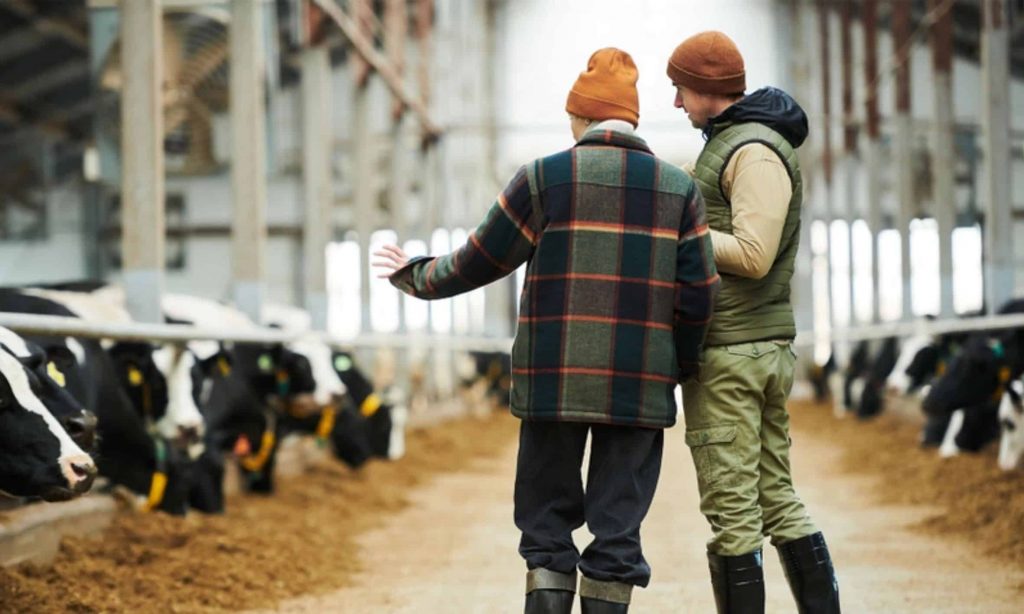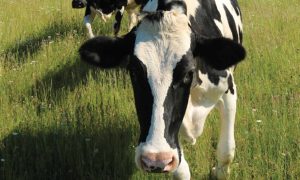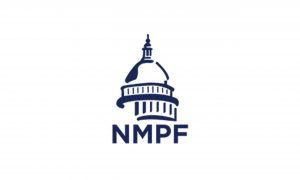
The Center for Dairy Excellence is now accepting applications for the Dairy Decisions Consultant Grant Program.
Dairy farm families can work with a professional consultant with firsthand experience in the dairy industry to help make decisions in one of seven strategic areas. Leveraging funds provided through the state and the Pennsylvania Dairymen’s Association, grants are available on a first-come, first-served basis.
The Dairy Decisions Consultant (DDC) grants pair dairy farm families with professional consultants who offer one-on-one support to make strategic business decisions. The Center for Dairy Excellence has a list of more than 22 dairy decisions consultants with extensive expertise in different business sectors.
Farms can receive up to $4,000 to work with a consultant who can help enhance business performance, reach financial benchmarks and explore new opportunities.
Consultants can work with farms in one of seven strategic areas:
-
employee management and communication
-
business planning and structure
-
product marketing and labeling
-
direct marketing
-
animal welfare
-
financial management
-
pre-farm transition
If a farm has a consultant in mind they would like to work with, that person can be named within the application for approval by the center. Farms are eligible to receive the DDC grant once every three years. Limited grants are available for the 2023-24 year, and funds are available on a first-come, first-served basis.
Farms must complete an application and submit the required $100 application fee to participate in each program.
Maryland offers manure cost-share
The Maryland Department of Agriculture reminds farmers that cost-share funding is available to help cover the cost of hauling manure to fall-planted fields with acceptable soil phosphorus levels. Grants are also available to offset costs associated with injecting liquid manure to prevent nutrient runoff and reduce odors.
All fall manure transport and injection projects must be completed by Dec. 15. Claims for payment should be submitted to the department’s Conservation Grants Office by Jan. 15.
The following are other points to keep in mind:
-
Receiving operations. They can get up to $28 per ton to transport poultry manure to qualifying fields with acceptable soil phosphorus levels or alternative-use projects that can use the product safely.
-
Cost-share. Grants to transport dairy and livestock manure to qualifying fields cover up to 87.5% of eligible costs.
-
Transport. FastTrack and standard transport options are available for poultry manure, and dairy or livestock manure.
-
Liquid injection. Farmers can receive up to $45 an acre for costs associated with injecting liquid manure into the soil. Poultry manure is not eligible for this option due to its low moisture content.
-
FastTrack. Applications to “haul now and apply later” can be downloaded from the website. Farmers not eligible should contact their local soil conservation district to apply for a standard grant, which requires pre-approval before manure is transported or injected.
The Conservation Grants Program administers manure transport and injection grants. Applicants must be in good standing with the program and in compliance with Maryland’s nutrient management regulations. Download the app at littr.io to find manure or to contact a poultry manure broker. For more information, contact the Manure Management Program at 410-841-5864.
BMP grants awarded in New York
New York Gov. Kathy Hochul recently announced more than $13.8 million was awarded to 33 projects across the state through the state’s Agricultural Nonpoint Source Abatement and Control Program.
The funding supports ag water quality conservation projects that will benefit 80 farms, enhance water quality in priority watersheds and protect the environment.
The 33 projects awarded to 22 county soil and water conservation districts will support on-farm environmental planning and the implementation of best management practice (BMP) systems to keep nutrients and other potential pollutants from entering waterways, promote soil health and aid farms to be more resilient to climate change-driven extreme precipitation.
BMPs include the installing vegetative buffers along streams, planting cover crops, enhancing nutrient management through manure storage and practicing other conservation measures.
Grants were awarded to:
-
Western New York, $764,876 to work with six farms
-
Finger Lakes, $2.87 million to work with 28 farms
-
Central New York, $5.55 million to work with 23 farms
-
Southern Tier, $2.38 million to work with seven farms
-
Mohawk Valley, $1.17 million to work with three farms
-
North Country, $844,882 to work with nine farms
-
Mid-Hudson, $248,211 to work with four farms
The department received 96 proposals for funding. Among the applications, 46 farms applied for cover crop assistance on about 25,000 acres, and 61 farms applied for riparian buffers on 100 acres of stream or riverbanks.
The 2023-24 state budget includes $500 million in clean water funding, including continued support for the Climate Resilient Farming Program in addition to the Ag Non-point Program. The two programs function as part of the Agricultural Environmental Management framework, a broader effort that helps farmers achieve higher levels of environmental stewardship and more efficient, cost-effective farming systems.






















